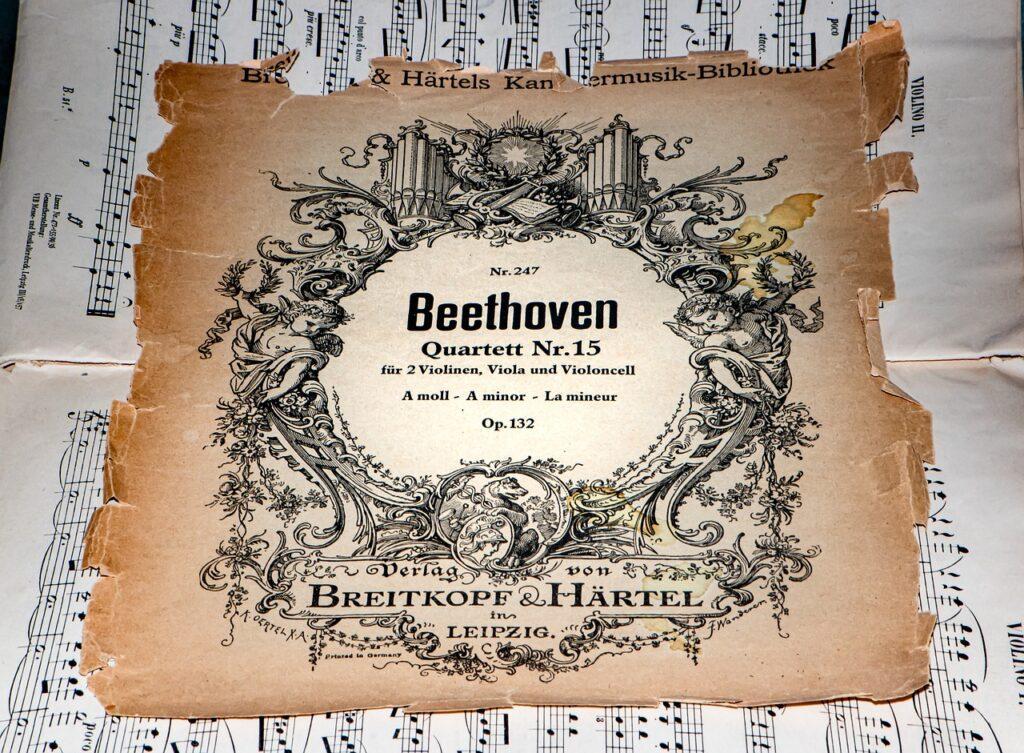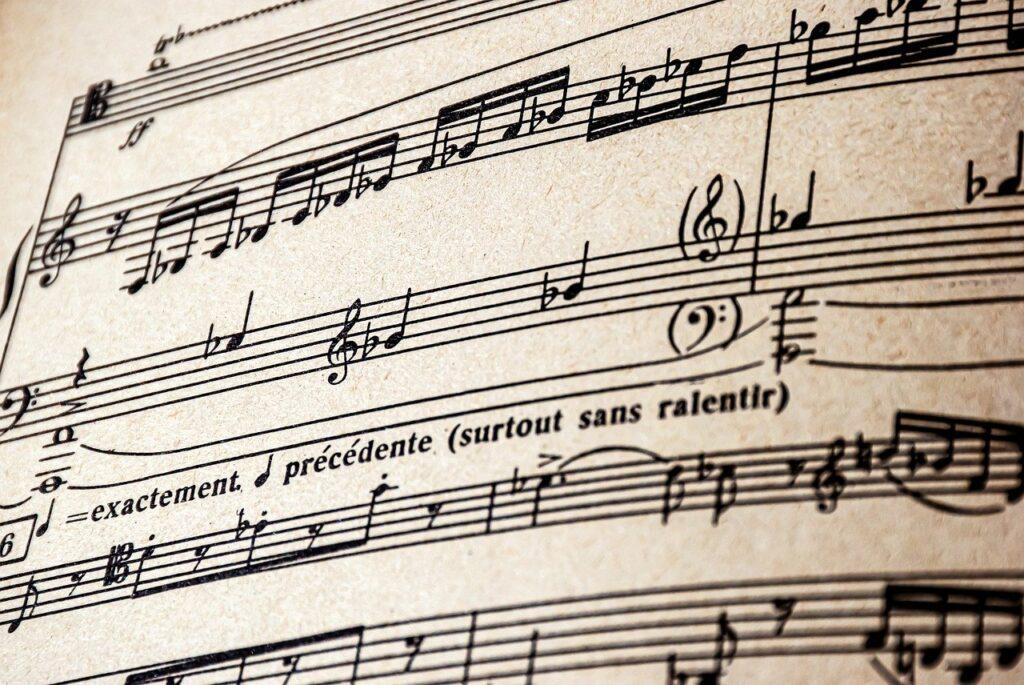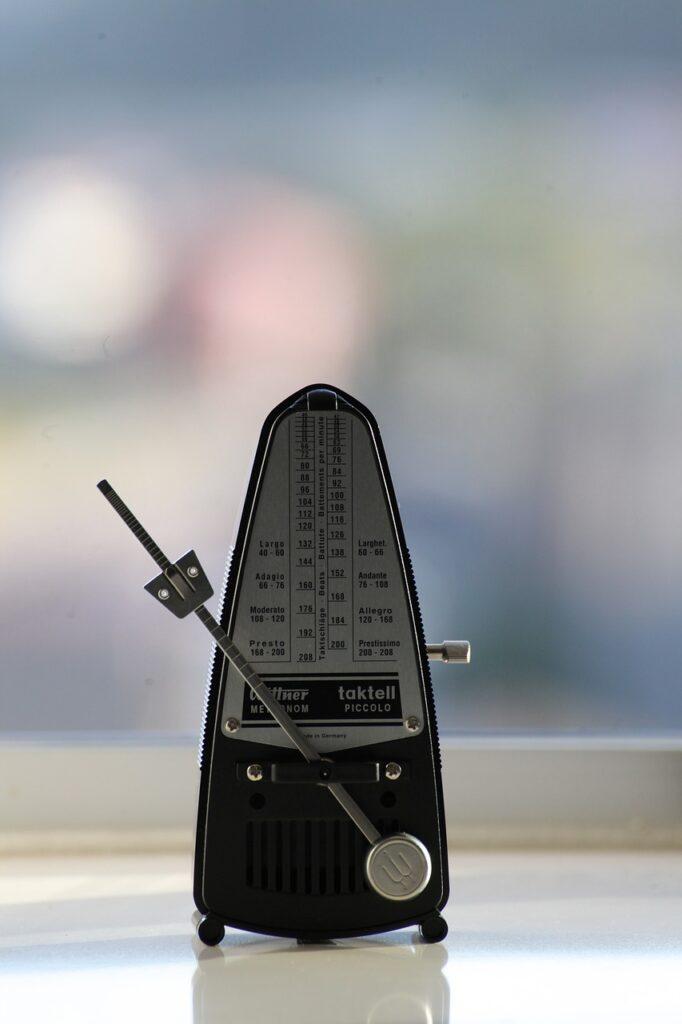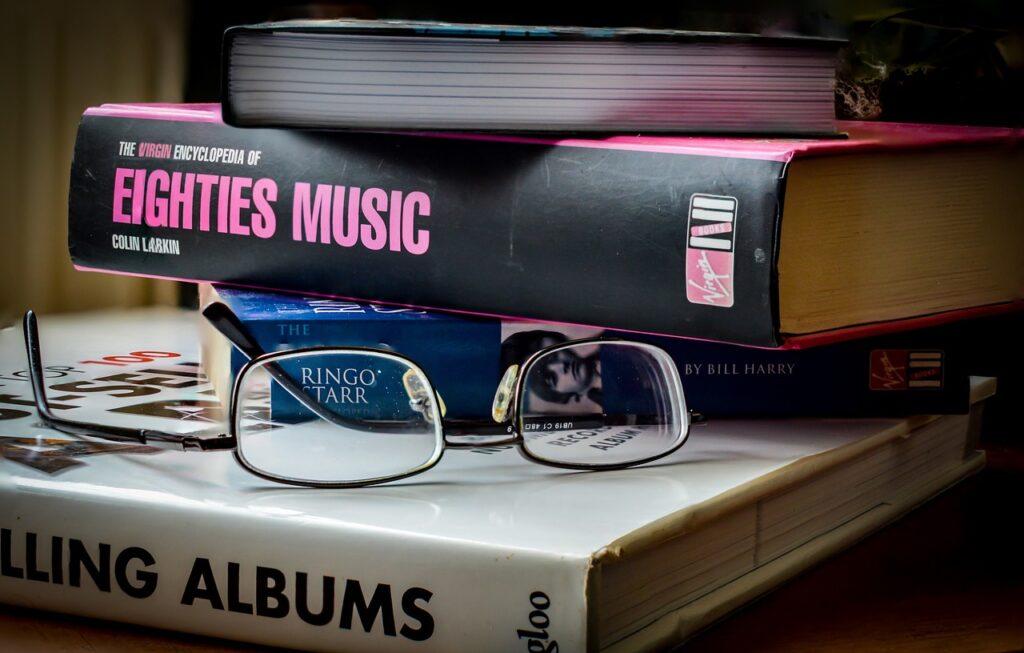Why Did Beethoven Keep Composing After Suffering Deafness?
Do you want to know what motivated Ludwig van Beethoven to push through adversity to create some of the best and most influential classical music ever? By the time he turned fifty, he was considered by many to be the world’s best living composer. His funeral was attended by 10,000 people. However, to achieve this level of fame he literally had to suffer for his art. That begs the question, why did Beethoven keep composing after suffering deafness? Keep reading to learn the answer to this and more. Estimated reading time 5 minutes.
Why Did Beethoven Keep Composing After Suffering Deafness? Read More »




![I’d Like to Know the Meaning of the Word Cadence [Video] - Triangle](https://successmusicstudio.com/wp-content/uploads/2024/05/Id-Like-to-Know-the-Meaning-of-the-Word-Cadence-Video-Triangle-1024x576.jpg)






